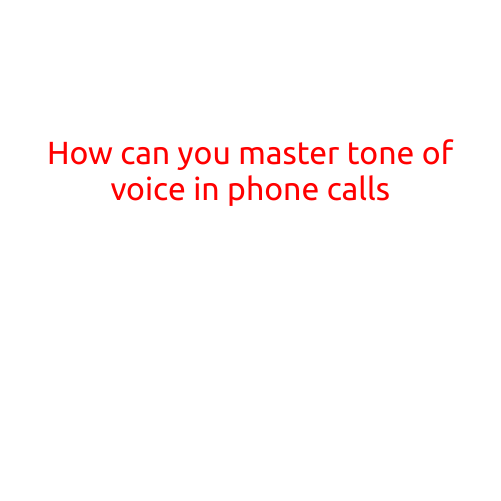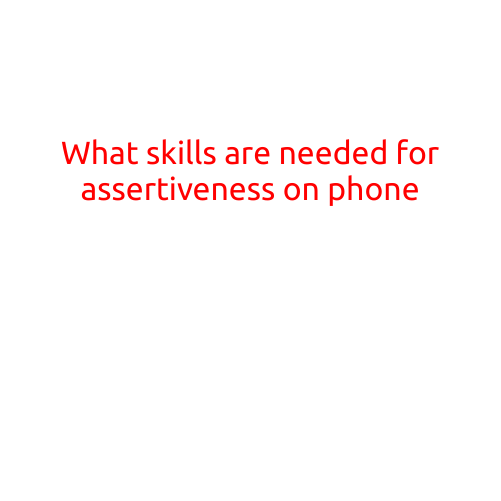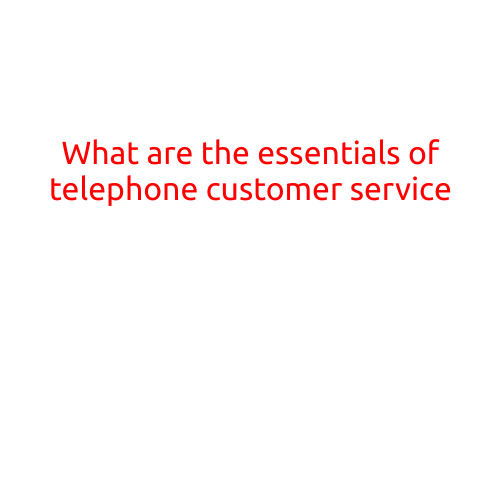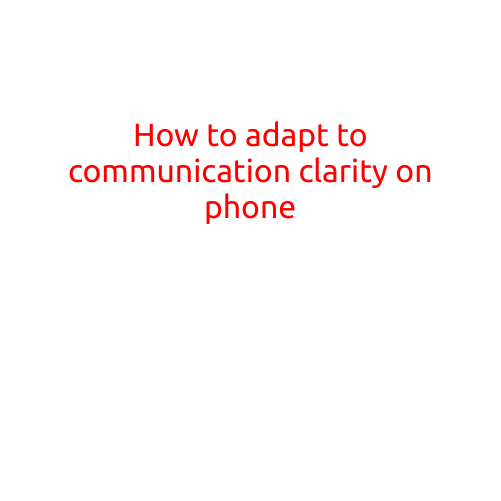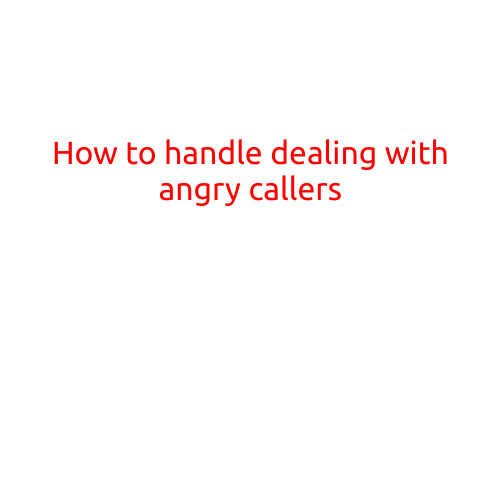
How to Handle Dealing with Angry Callers
Dealing with angry callers can be a daunting task, especially in customer-facing roles or in industries where customer satisfaction is paramount. Whether it’s a complaint about a product, a service issue, or a personal grievance, handling angry callers requires a unique set of skills to diffuse tension, resolve the issue, and maintain a positive relationship. In this article, we’ll explore the best practices for handling angry callers and provide tips on how to turn a negative experience into a positive one.
Stay Calm and Composed
The most critical aspect of handling angry callers is to remain calm and composed. It’s essential to control your emotions and not let your anger or frustration get the best of you. A calm tone and demeanor can help to de-escalate the situation and create a safe space for the caller to express their concerns. Take a deep breath, count to ten, or step away for a moment if needed to collect your thoughts before responding to the caller.
Listen Actively
Listening is key to resolving conflicts and turning angry callers into satisfied customers. Pay attention to what the caller is saying, and show that you’re actively listening by nodding, making eye contact, and summarizing their concerns. Avoid interrupting or dismissing their concerns, as this can escalate the situation further.
Acknowledge and Validate
Acknowledge the caller’s emotions and validate their concerns. Let them know that you understand how they feel and that their frustration is justified. This simple acknowledgment can go a long way in diffusing tension and building trust.
Provide Solutions
Provide solutions or alternatives to resolve the issue. Be transparent and honest about what you can and cannot do, and offer a clear plan of action to resolve the problem. If you’re unable to resolve the issue immediately, communicate the next steps and timeline for resolution.
Empathize and apologize
Empathize with the caller’s situation and apologize for any inconvenience or harm caused. Be sincere and genuine in your apology, and let the caller know that you’re committed to making things right.
Document the Call
After the call, document the conversation, the issue, and the resolution. This helps to:
- Keep a record of the issue and the solution.
- Refer back to the conversation if further issues arise.
- Identify patterns or recurring issues.
- Improve processes and customer service.
Additional Tips
- Stay composed when facing a rude or abusive caller: Remember that their behavior is not a personal attack, and you have the power to choose how you respond.
- Don’t take it personally: Keep your emotions separate from the issue at hand, and focus on resolving the problem.
- Use positive language: Frame the conversation in a positive and constructive way, focusing on solutions rather than problems.
- Show appreciation: Express gratitude for the caller’s feedback and concerns, and let them know that their input is valuable.
Conclusion
Handling angry callers requires a unique combination of skills, including empathy, active listening, and effective communication. By staying calm, acknowledging and validating the caller’s concerns, providing solutions, and empathizing with their situation, you can turn a negative experience into a positive one. Remember to document the call, stay composed, and show appreciation for the caller’s feedback. With these tips, you’ll be better equipped to handle angry callers and provide exceptional customer service.

